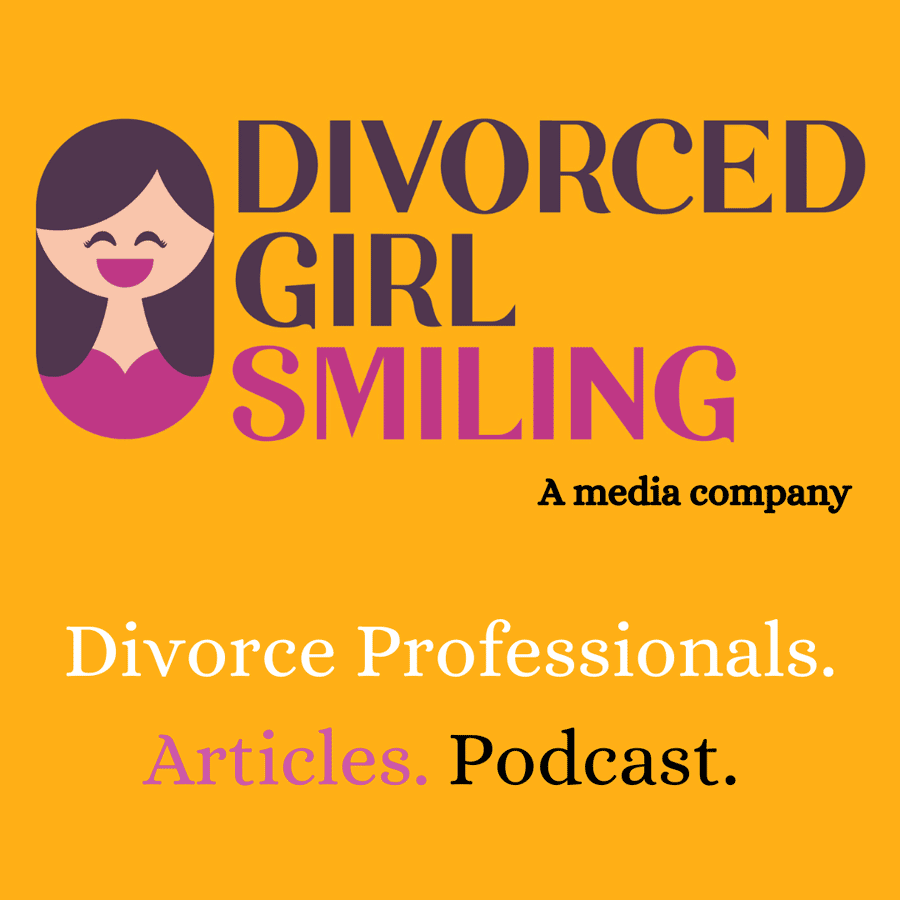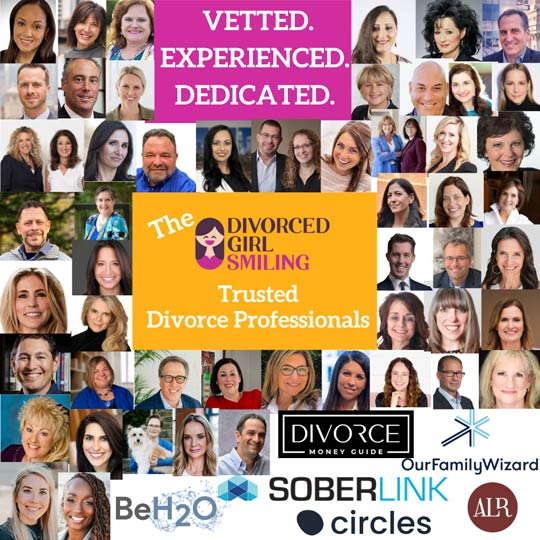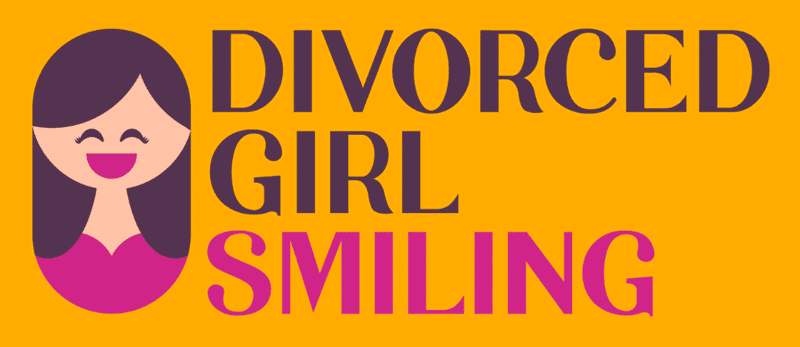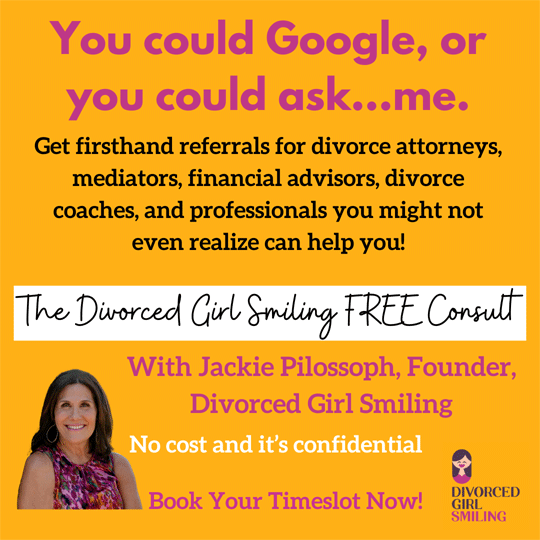If you are going through a divorce and feeling frustrated by the divorce process--how long it's taking, some unfair things that seem to be going on, feeling like you just want it to be over, and tired of the expense of divorce, you are not alone. Wh...
Celebrating 10 years and 7 million page views!
140,000 podcast downloads!
A worldwide community of people just like you!
























